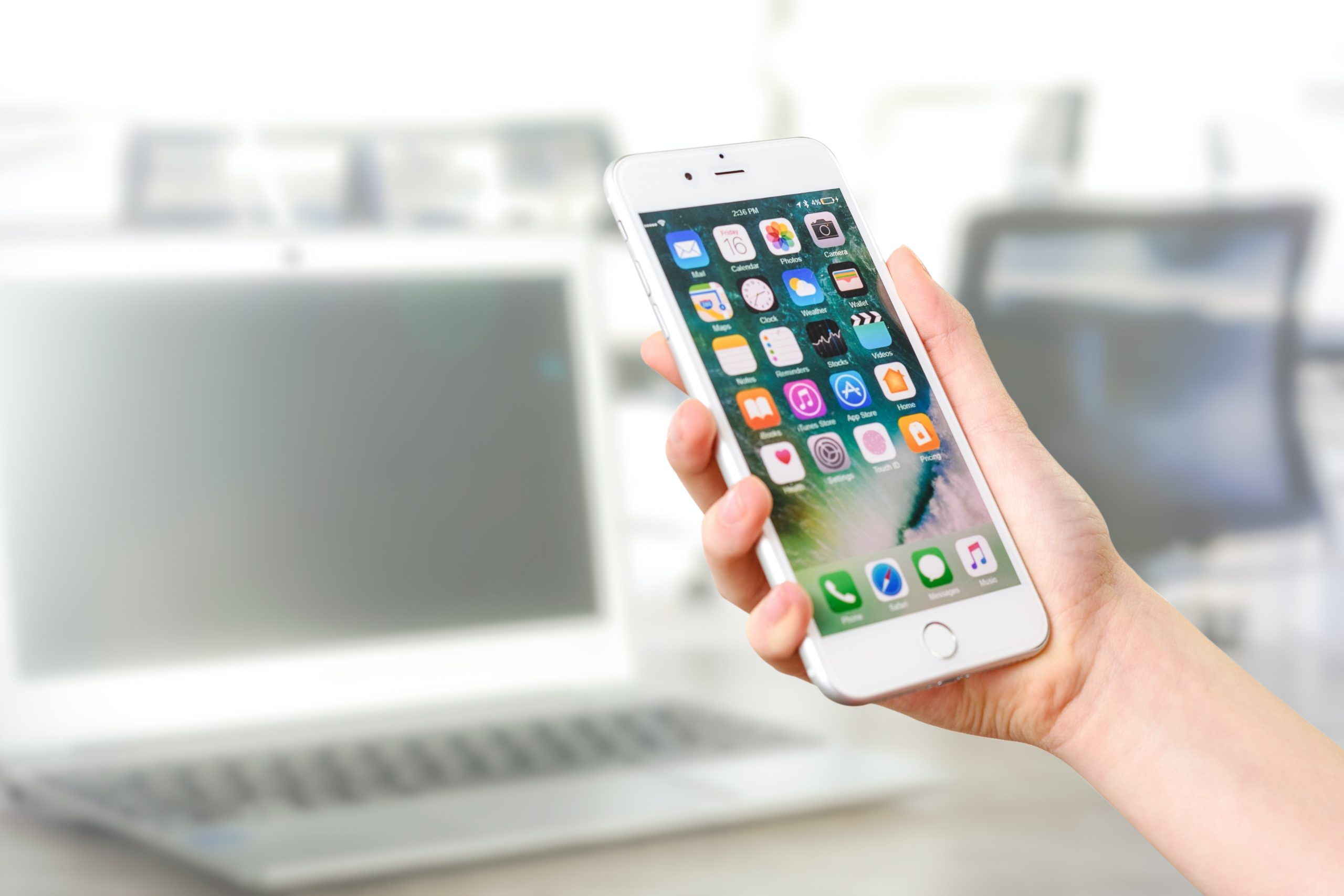 Gerry Bolger was part of the team that managed the clinical safety of the NHS Covid-19 app. Following the sunsetting of the app in the spring, Gerry reflects on how it was developed and the impact technology had in fighting the pandemic.
Gerry Bolger was part of the team that managed the clinical safety of the NHS Covid-19 app. Following the sunsetting of the app in the spring, Gerry reflects on how it was developed and the impact technology had in fighting the pandemic.
***
Clinical safety is often the elephant in the room, but the clinical risk is real – and no more so than when developing new healthcare technologies.
I was part of a team – working alongside colleagues at Accenture and Psephos Biomedica – that managed the clinical safety standards requirements and medical device regulations of the Covid-19 app for both the English and Welsh governments.
The app aimed to track and trace Covid-19 cases and give the public the information and advice they needed to help stop the spread of the virus. We were focused on one thing and one thing only: ensuring that patients were always safe.
Day-to-day work
Our days began with a morning catch-up with the leadership team to review key issues and technical developments. The app went through various owners – NHSX, Department of Health – Test and Trace, and finally the UK Health Security Agency – so we worked closely with several key government agencies.
As you might expect in a global pandemic, risk was high on the agenda, so the leadership team embraced and valued our input.
Our work involved constantly appraising the app against clinical safety standards and managing a clinical safety hazard log and associated management plan.
We produced over 60 clinical safety case reports and reviewed thousands of pages/app screens for clinical safety and the medical device regulations. We worked to the standard that the end user had a reading level of an 8-year-old to ensure every word and translation would be understood.
At the height of the app coming on board, it was updated every two weeks, so we constantly reviewed its content and functionality following each iteration and technical change.
We produced a new clinical safety case and hazard log for every update, sometimes recording 100s of potential clinical safety-related issues each time.
The app was piloted on the Ise of Wight, which gave us a vast and invaluable set of data that shaped the future direction of the app.
Impact of the app
The app’s benefits took much work to understand at the beginning. We’d never used this type of technology on this scale before. It was high-stakes work.
But recent studies into the impact of the app show that it did have a significant effect.
According to research from Nature, in the first year of its use, the NHS Covid-19 app’s tracing function averted 1 million cases. That corresponds to 44,000 hospital cases and the prevention of 9,600 deaths. In a very recent study, again in Nature, the view was that the app worked, and investing in technology is now essential to prevent such events again.
There are more studies underway to review the wider impact of the app so it will be interesting to see the value that it had in protecting the public from the Covid-19 virus.
The app was sunsetted in April 2023. It was right to do that: the world and the virus have changed.
But the app has proven that technology can significantly support epidemics and, when designed correctly with clinical safety at its core, have a real impact on people’s lives.
***
Gerry Bolger is a registered nurse and has dedicated his career to ensuring patient safety and driving clinical excellence in digital solutions. As a trusted authority in clinical safety assessment and evaluation, he plays a pivotal role in guiding healthcare organisations through the complex process of implementing EPRs and other clinical digital products. He is also a Clinical Safety Officer and a Bowtie practitioner, which focuses on uses barrier methodology in identifying risk.
If you’re interested in learning more about this project or discussing opportunities for collaboration in the healthcare sector, please contact Gerry at gerry@ethicalhealthcare.org.uk.
